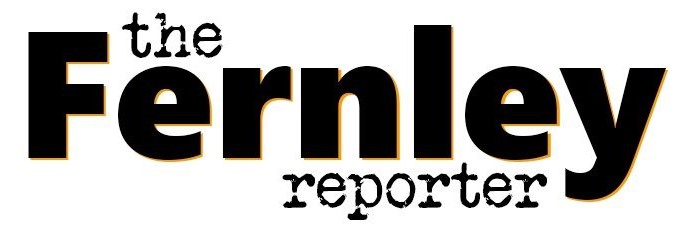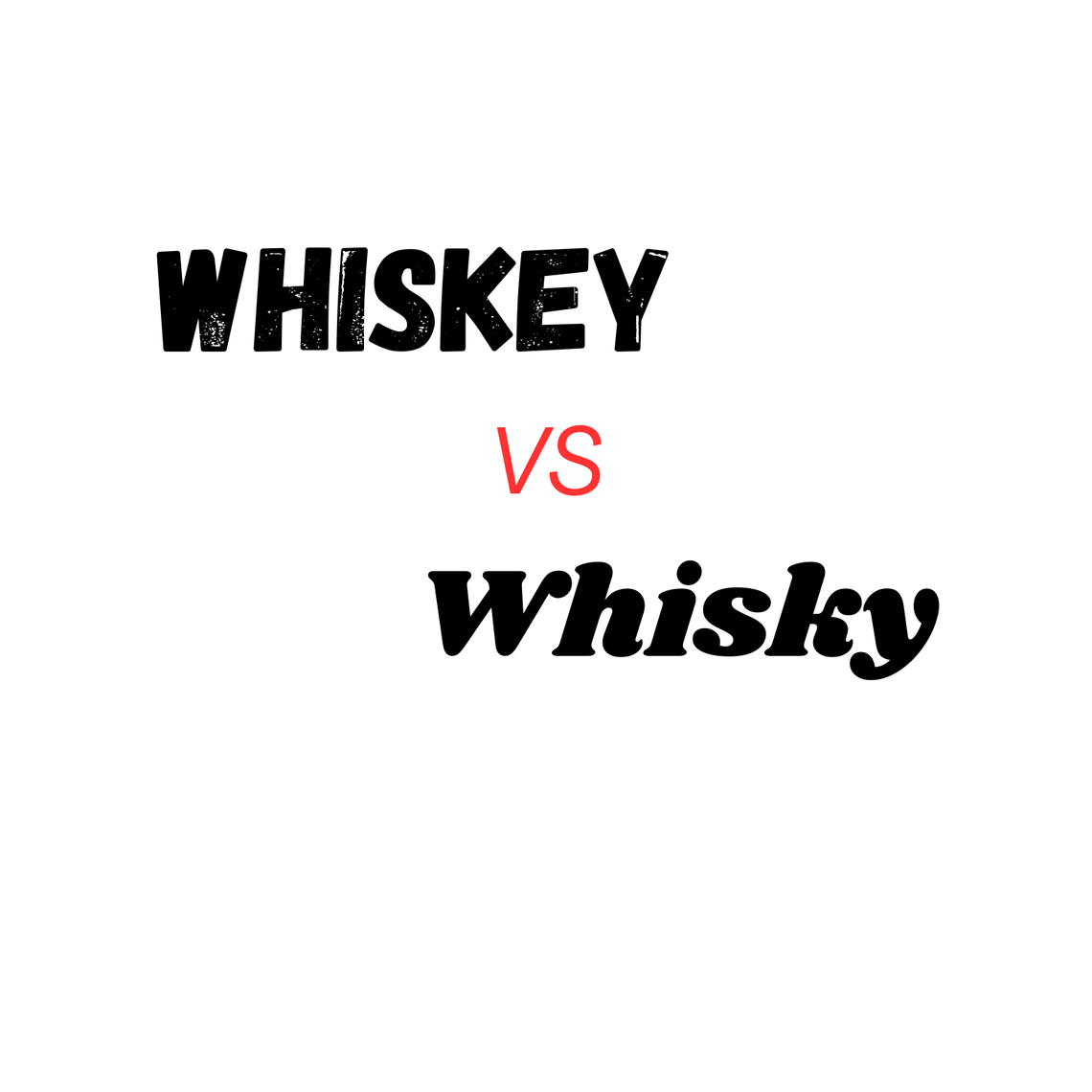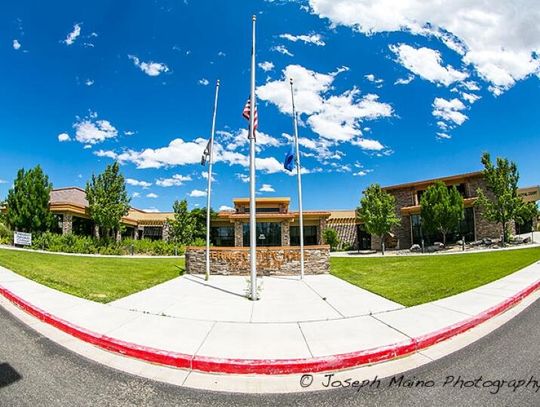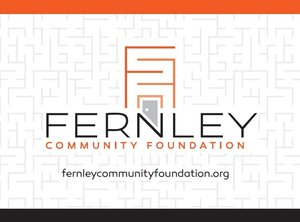Whiskey vs. Whisky
By Dan Ravetto
You may, or may not, have noticed the word whiskey is sometimes spelled whisky. Ever wonder why? Okay, fine, most people have not, but I am gonna tell you why anyway, so you have at least one fun fact to share at that upcoming holiday party when the conversation just sort…of…..stalls……out…..
Let’s start with a fun fact, the word “whisky” comes from the Scottish Gaelic phrase uisge beatha which means, and you will love this, “water of life”. Over time, the word evolved into whiskybae and in the early 18th century to whiskey.
At a very high level, whisky or whiskey is a liquor made of fermented grain mash. Grains such as barley, corn, rye, and wheat are often malted, then fermented, distilled and aged in wood. This can be done under the watchful eye of a Master Distiller in a state-of-the-art facility tucked into the Scottish Highlands hillside, or in a bathtub by the guy down the street with a dirty T-shirt.
The word whiskey is an umbrella term that includes: Scotch, Bourbon, Irish whiskey, Japanese whisky, Rye, and more. Anyone that tells you they don’t care for whiskey but they enjoy Bourbon needs a little schooling.
There is a fairly common theory that how the product is distilled, how long it ages, or what kind of barrels it was aged in influences the spelling. This would be wrong.
It’s all about WHERE it was distilled:
Scotland, Canada, and Japan use the spelling Whisky.
Ireland and the USA use the spelling Whiskey.
Yea, that pretty much sums it up. No real reason why. They just do. Some say the Irish immigrants of the 18th century brought Whiskey to America and the spelling just stuck. Seems as good of a reason as any.
Newspapers also carry some responsibility for this spelling snafu. In the 1950’s, the AP Stylebook, along with the New York Times and LA Times, standardized on the whiskey spelling for all publications. They did provide an exception for whisky that came from Scotland and Canada. Imagine that, the news world setting a standard for us all to live by.
Of course, as with any rule, there are exceptions. Makers Mark of Kentucky uses Whisky. They say this is to honor the Scottish heritage of the founders, the Samuels family. George Dickel and Old Forester also use the Whisky spelling on their labels, no clear reason why.
At the end of the day, or the bottle, the spelling on the label really does not tell much of a story. I suppose there is a pride thing with some; I doubt you’d see any self-respecting Irishman sipping whisky or a Kilt donned Scotsman with whiskey in his tumbler.
As always, it is my opinion that you should find the malt beverage(s) you enjoy, ignore the spelling, and, well, just enjoy. Should that conversation with the dirty T-shirt guy from down the street stall out at the holiday party, at least you will have something to throw out there to keep the conversation going for another couple of minutes.
Love the wine, er, uh, whiskey you’re with!
Cheers!
Tuesday, January 13, 2026 at 9:11 AM









Comment
Comments